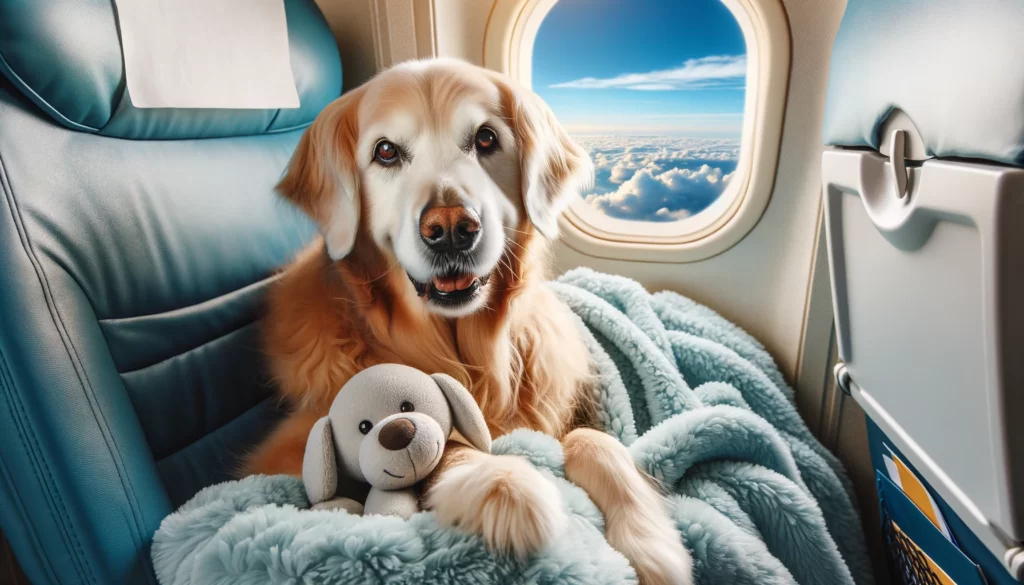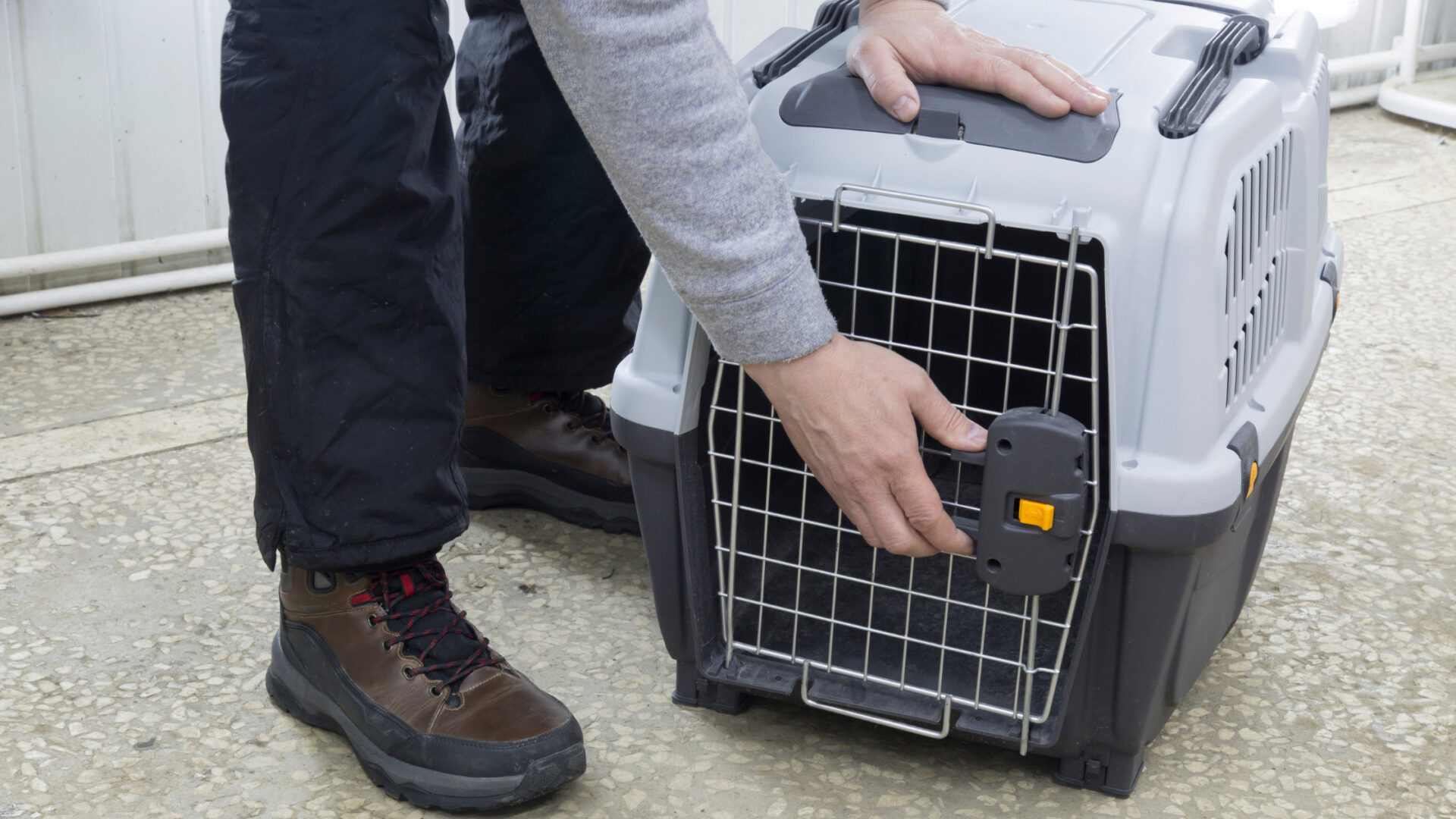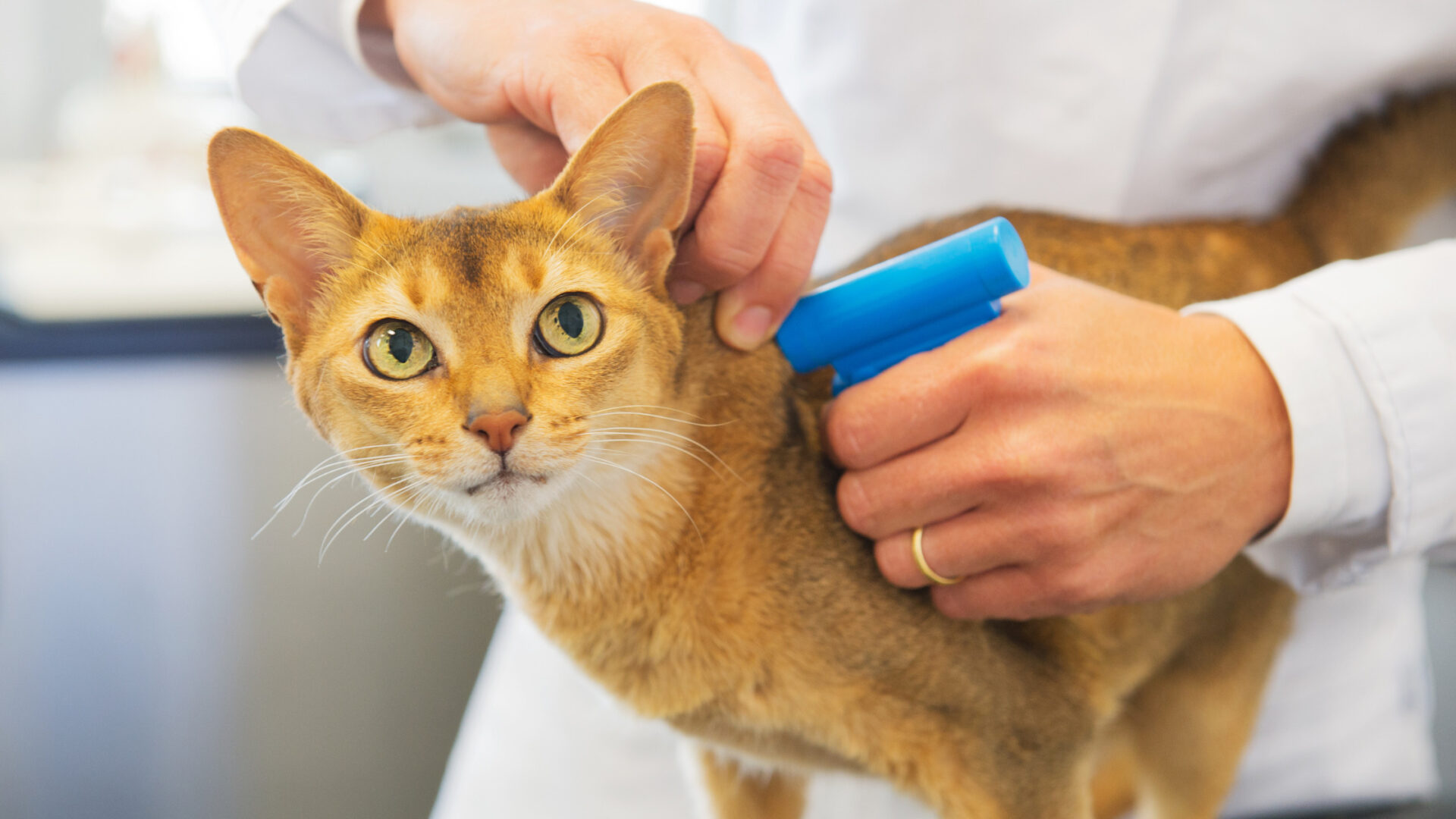
Traveling can rejuvenate the soul, and when it comes to our furry family members, we want them to partake in life’s adventures regardless of their age or health conditions. If you are travelnig with elderly pets or medically fragile pets, it requires extra care, and planning their travel can seem daunting. But with knowledge, compassion, and a touch of preparedness, you can create a comfortable and safe journey for your beloved companions.
Understanding the Unique Needs of Senior and Special Care Pets
As pets age, they may face a variety of health issues, from arthritis to heart conditions. The first step in planning for traveling with elderly pets or medically fragile pet is to understand their specific needs. A pre-travel vet check-up is crucial to assess fitness for travel and to discuss any necessary adjustments in care or medication. Why pre-travel vet check-ups matter can provide you with insights on what to expect and how to prepare.
Medications and Health Records
Ensuring you have an ample supply of your pet’s medications is essential. But it’s not just about stocking up. Knowing how to measure your pet for the perfect crate can make all the difference in their comfort and safety during transit, especially if they need room for maneuverability due to stiff joints or other ailments.
Crate Training and Comfort
A well-fitted crate isn’t just a regulatory requirement; it’s your pet’s home away from home. For pets with mobility issues, the right bedding can help alleviate pressure points. See how to make their travel crate a safe and comfy space.
Tailoring Travel Plans to Their Needs
While some pets may enjoy a road trip, others might fare better with air travel, despite the common concerns. Deciding the mode of transport will depend largely on your pet’s health, temperament, and the travel duration. Air travel may seem stressful, but many airlines have made great strides in accommodating pets. Top pet-friendly airlines offer insights into which carriers go the extra mile for your furry friends.
Road Trips: Comfort on Wheels
For pets that are not suited to air travel due to stress or health concerns, a road trip can be a more controlled environment. It allows for frequent stops to stretch, hydrate, and take medication if necessary. Preparing your pet for long-distance road trips dives into how to ensure your pet’s journey by car is as smooth as possible.
Contingency Planning for Emergencies
Even with meticulous planning, emergencies can happen. It’s crucial to research and prepare a list of veterinary clinics along your route or near your destination. Understanding the importance of microchipping and ensuring your pet’s microchip information is up to date can be a lifesaver in unforeseen situations.
Navigating Layovers and Temperature Extremes
Elderly pets and those with medical conditions are more susceptible to temperature extremes. When flying, try to choose direct flights to minimize the stress of layovers. If a layover is unavoidable, knowing how to keep your pet hydrated and cool during hot weather or warm during cold spells is vital.
Special Considerations for Specific Conditions
Arthritis and Mobility Issues
Arthritic pets need to move around to keep their joints as supple as possible. Whether you’re traveling by car or plane, ensure they have the chance to move periodically. Tips for reducing pet anxiety during air travel can also benefit pets with arthritis, as stress can exacerbate pain.
Cardiac and Respiratory Conditions
For pets with heart or lung issues, the stress of travel can be particularly risky. Discuss with your vet the advisability of travel, and consider destinations that are at sea level with moderate temperatures to ease breathing and cardiac function.
Diabetes and Other Endocrine Disorders
Traveling with a diabetic pet means sticking to a strict schedule for feeding and insulin injections. When crossing time zones, this can become complicated. Planning ahead with your vet to adjust the timing of insulin administration is essential. Also, pack a glucose monitoring kit and know the signs of hypoglycemia, which can be a common issue when routines are disrupted.
Kidney and Liver Diseases
Hydration is crucial for pets with kidney or liver issues. Ensure fresh water is always available, and be mindful of the signs of dehydration. If your pet is on a special diet, make sure to bring enough of their food, as dietary changes can be detrimental to their condition.
Accommodating the Sensory Decline in Elderly Pets
As pets age, their senses of sight and hearing may decline. This sensory loss can lead to anxiety when they’re removed from their familiar environment. Maintaining a routine as close to normal will provide comfort. Bring along familiar items such as blankets or toys that can help your pet feel secure.
Vision Impairment
For visually impaired pets, sudden changes in environment can be disorienting. When booking accommodations, consider pet-friendly hotels that offer a quiet and safe space. Keeping your pet leashed and guiding them with verbal cues can help them navigate new surroundings confidently.
Hearing Loss
Hearing-impaired pets rely on other senses to understand their environment. Keep them leashed and in your sight at all times during travel. Use hand signals or vibrations to communicate if your pet is trained to respond to them.
The Emotional Toll of Traveling on Elderly Pets
Elderly pets may become more anxious or stressed when traveling, which can exacerbate existing health issues. Reducing pet anxiety during air travel is a valuable resource for strategies that can help keep your pet calm.
Separation Anxiety
If your pet suffers from separation anxiety, it’s essential to keep them near you as much as possible. Discuss with your relocations expert the options for traveling with your pet in the cabin or ensure they are as comfortable as possible in the cargo hold.
Cognitive Dysfunction
Pets with cognitive dysfunction, akin to dementia in humans, can become particularly disoriented when traveling. Maintain their routine as much as possible and provide them with a quiet space to retreat to when overstimulated.
Legal and Regulatory Considerations
International Travel
If you’re traveling internationally, understanding pet import regulations in the UAE or your destination country is crucial. For medically fragile pets, certain concessions may be made, but you’ll need to discuss these with the relevant authorities in advance.
Vaccinations and Health Certificates
Vaccinations are a key element of traveling safely with your pet. The importance of vaccinations for pet travel cannot be overstressed, and ensuring you have the appropriate health certificates is just as important.
Conclusion: Making the Golden Years Golden
Traveling with elderly pets or medically fragile pets is about more than just getting from point A to point B; it’s about enhancing their quality of life through new experiences while ensuring their comfort and safety. It’s the moments of magic that occur when your pet gazes out the window on a scenic drive or settles into a cozy nook in a new city that make the journey worthwhile.
The careful planning of their travel, accommodations, and activities can help ensure that these golden years are truly golden. Remember, with the right preparations, your elderly or medically fragile pets can still be part of your greatest adventures.
Whether it’s the whisper of leaves in a quiet park or the gentle hum of a hotel room, these golden moments serve as poignant reminders that, despite their age or frailties, our pets still relish the joy of companionship and the thrill of exploration.
Essential Tips for Post-Travel Care
After a journey, it’s not uncommon for the signs of travel stress or illness in elderly pets to emerge once they’re back in their own domain. Here’s how to ensure a smooth transition:
Post-Travel Vet Visits
Arrange for a post-travel vet check-up to ensure any travel-related stress has not exacerbated your pet’s condition. They can also provide advice on helping your pet readjust to home life after the excitement and potential strain of travel.
Observation and Adjustment
Monitor your pet closely for any changes in behavior or appetite which may indicate discomfort or illness. Be prepared to adjust their home environment to better suit their post-travel needs, such as more accessible sleeping areas or the need for extra hydration.
Rest and Recuperation
Allow your pet plenty of time to rest in a quiet and comfortable area. This is especially important after long journeys or flights. Keep their routine as stable as possible, and be patient as they readjust to their usual schedule.
When Is It Time to Say No to Travel?
There comes a time when the kindest and most responsible decision a pet owner can make is to say no to traveling with elderly pets or medically fragile pets. If travel is likely to significantly diminish your pet’s quality of life, it may be more humane to consider pet-sitting services or a professional pet nanny.
Quality of Life Considerations
Evaluate the potential benefits of the trip against the possible risks and discomforts to your pet. If the scales tip towards the latter, it may be time to reconsider.
Alternative Options
Explore other options such as virtual ‘visits’ through video calls, which can help alleviate the feeling of missing out for both you and your pet.
Crafting an Unforgettable Journey
Every journey with your pet is a chapter in the story you share. While traveling with elderly pets or medically fragile pets require extra care and planning, it can also be an opportunity to create memories that will last a lifetime.
The Power of Professional Support
Enlisting the help of a professional pet relocation service can be invaluable. Not only do they offer expertise in handling the logistics and care requirements of traveling pets, but they also provide peace of mind, allowing you to focus on enjoying the journey with your beloved companion.
Epilogue: The Heart of the Journey
The true essence of traveling with your pet is not found in the miles traveled or the destinations reached but in the shared moments that deepen the bond between you. It’s in the quiet understanding, the patient support, and the mutual joy of discovering the world together, one paw print at a time.
Remember, with each step you take, you’re not just guiding your pet through the world; you’re offering them a sense of adventure, comfort, and love that no amount of time can diminish. Here’s to creating more unforgettable memories with your furry friend, no matter their age or health.

 Call +971559927669
Call +971559927669 


[…] Traveling with elderly or medically fragile pets can be particularly […]